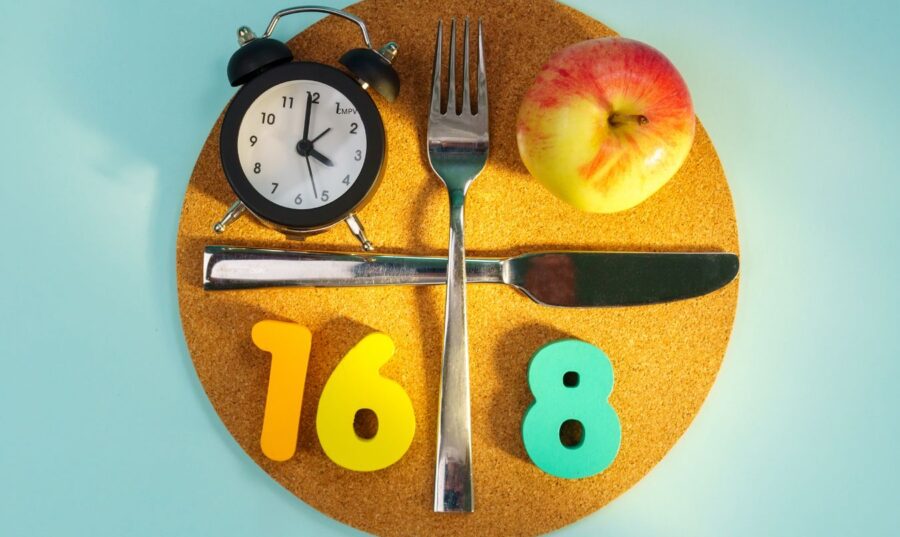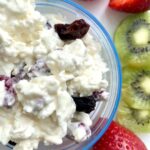|
Getting your Trinity Audio player ready...
|
The MIND diet is an eating pattern that combines two diets beneficial for the brain, the Mediterranean diet and the Dietary Approach to Stop Hypertension (DASH). The acronym MIND means in English Mediterranean-DASH Intervention for Neurodegenerative Delay. Several researches have found that the combination of these two diets or MIND prevents and protects the brain against dementia or neurodegenerative delay. That is, MIND is designed to promote brain health and reduce the risk of neurodegenerative diseases, such as Alzheimer's disease.
Benefits
The Mediterranean diet has been linked to preserving brain volume, while DASH has been found to improve blood flow to the brain. These diets, studied separately, have also been shown to prevent cardiovascular diseases. Researchers combined these diets with certain modifications and discovered how nutrition affects the brain.
A study published in 2015 in the journal Alzheimer's and Dementia indicated that participants who used the MIND diet had less cognitive and cognitive decline equivalent to gaining 7 1/2 healthy brains. In another study with a methodology similar to the one mentioned, it was found that the participants' 53% reduced the risk of Alzheimer's compared to participants less dedicated to the MIND diet. So the length of time a person stays on this diet is crucial to the results. In this particular, the study titled MIND Diet and the Risk of Dementia: A Population-Based Study, published in 2022 in the magazine Alzheimer's Research & Therapy found that greater adherence (time and consistency) to this diet is associated with a lower risk of dementia. That is, the longer the person stays consistently on the diet, the lower the risk of suffering from dementia.
TOfoods to stimulate the brain of the diet MIND
- Green leafy vegetables – 6 servings per week
- Other vegetables – 1 serving per week
- Nuts – 5 servings per week
- Berries or berries – 2 services per week
- Beans, legumes or grains – 3 servings per week
- Whole grain cereals – 3 servings per day
- Fish – 1 service per week
- Birds – 2 services per week
- Olive Oil – the main oil for everyday cooking
- Wine, preferably red / red – 1 service per day. If you do not consume alcoholic beverages, you should not start drinking wine. Consume grape juice of the variety agree as a substitute.
- Reduce intake of sugary foods and drinks
In summary, research suggests that following the MIND diet has a positive impact on brain health and reducing the risk of cognitive decline associated with aging. However, it is essential to note that while diet plays an important role, maintaining an overall healthy lifestyle, including regular physical activity and mental stimulation, are also crucial for brain health.










